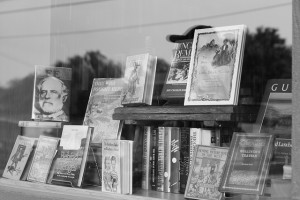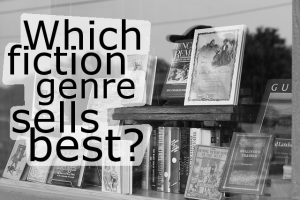Although my mom isn’t a writer, I owe a lot to her for making me one. She did this in five big ways:
She read to us
My mom reads like a fiend and she read to us all the time when we were little. Narnia, The Hobbit, The Just So Stories, A Wrinkle In Time, From the Mixed Up Files of Mrs. Basil E. Frankweiler, and countless others. She taught us to love stories – I can still remember how excited I was when I got into first grade and found out I was going to learn to read for myself.
She took us to the library
Every two weeks in the summer, she’d drive us to the library – not the tiny one up the street, but the big one that was a little farther off. I’d make a b-line for the YA section and grab anything that looked interesting, and take home a whole stack of books I could only hope would last me two weeks.
She home-schooled us
Most kids spend six hours a day in class and still have homework in the evening. They’re so busy cramming their heads with facts, they don’t have time to experiment with hobbies and figure out what they really want to do. When you’re home-schooled, you have a certain amount of work to do per day or week, and once you’re done with it, you’re free. On a good day, I could get everything done bynoon.
She made us amuse ourselves
You’d think with all that free time, we’d get bored. Well, sometimes we did. But every time we complained to Mom about it, she would say “You could always clean out the garage” or something to that effect, which meant we quickly learned not to depend on her for entertainment. Instead, we learned to amuse ourselves – which naturally lead to reading, which itself naturally led to writing (for two out of three of us).
She never told us we couldn’t
Although we understood that we had to lead productive lives and make real money, neither she nor my dad ever told us we couldn’t become writers (or a singer, which was what I wanted to be for most of my childhood). However, we also didn’t ask them to spend vast amounts of money to feed our hobbies; we didn’t ask them to buy us fancy computers or send us to expensive writer’s camps. I guess the message behind that is, if your kid really wants to do it, he’ll find a way with or without a big stack of money.
Happy Mother’s Day!




